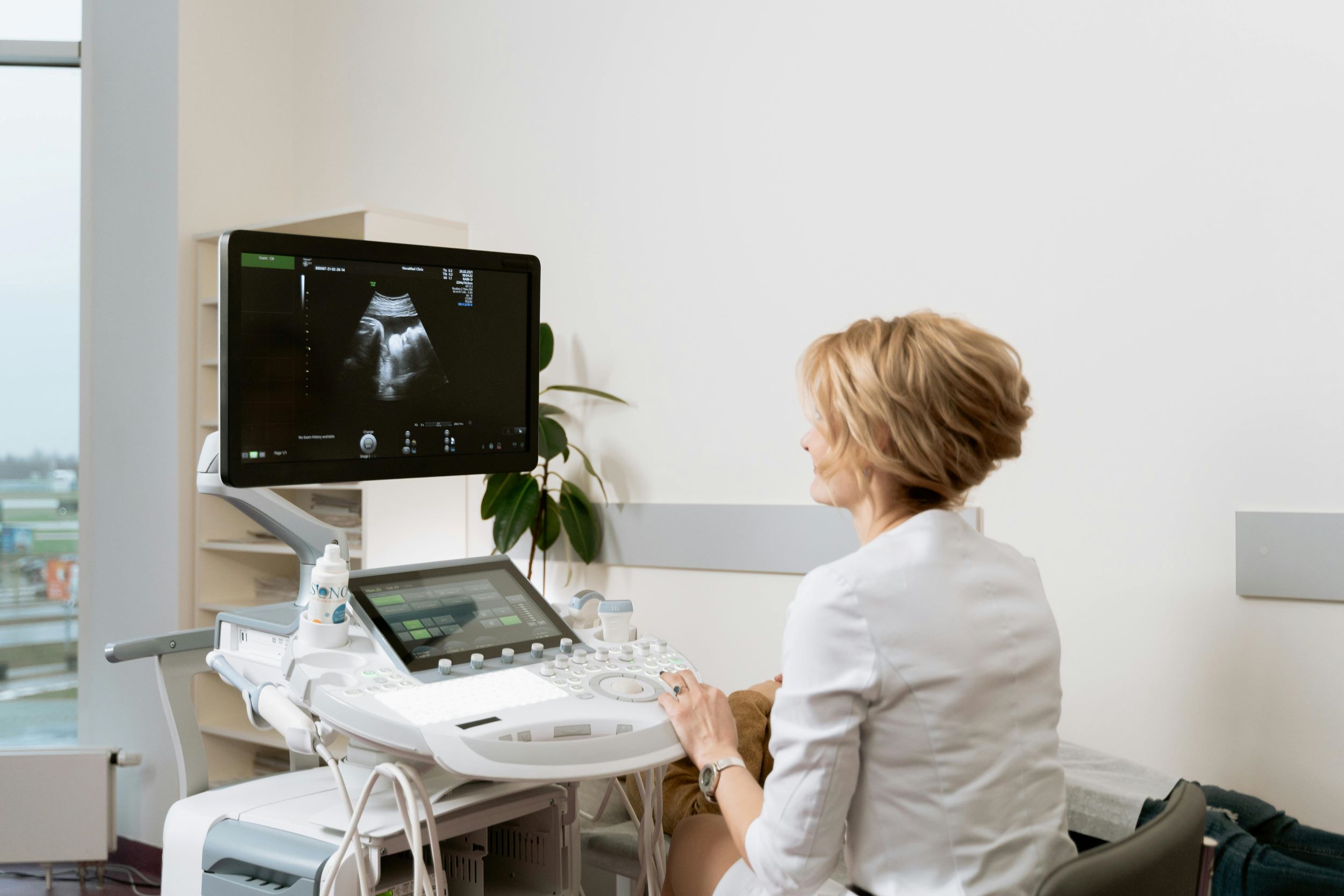Traditional ultrasound imaging for measuring fetal brain anatomy relies on sonor discrimination, which can be challenging as inherent image degradation is high.
The proposed research will attempt to answer if a machine learning based approach can be used to improve fetal brain anatomy measurement for learning development studies.
It will focus on using machine learning to accurately identify and outline the boundaries of brain structures, particularly looking at the thickness of the cerebral mantle.
The research will compare several algorithms commonly used for segmentation in medical imaging, using TALK assessment data which includes images of the transthalamic plane and abdominal circumference.
The TALK Study is a nested sub-project within ORIGINS that is investigating the causal link between testosterone levels in early pregnancy and subsequent delayed language development in early childhood.
Within The Talk Study, images were taken at gestational age 20 and 24 weeks and the cerebral mantel thickness was measured in millimeters at the frontal and temporal lobes. Using this imagery, this study will indicate the most appropriate machine learning approach for image segmentation of cerebral mantel thickness.
These results can assist language and behaviour research clinicians to formulate bespoke machine learning solutions for investigating the fetal brain in utero, removing human bias.
Investigators
- Caterina Watson PhD Student at Edith Cowan University
- Dr Leisa Armstrong at Edith Cowan University
- Professor Andrew Whitehouse at The Kids Research Institute Australia
- Professor Desiree Silva, Co-Director of ORIGINS at The Kids Research Institute Australia
- Assistant Professor T Sazzad at The Military Institute of Science and Technology
- Professor Nayana Parange at the University of South Australia
- Dr Jumana Abu-Khalaf at Edith Cowan University

